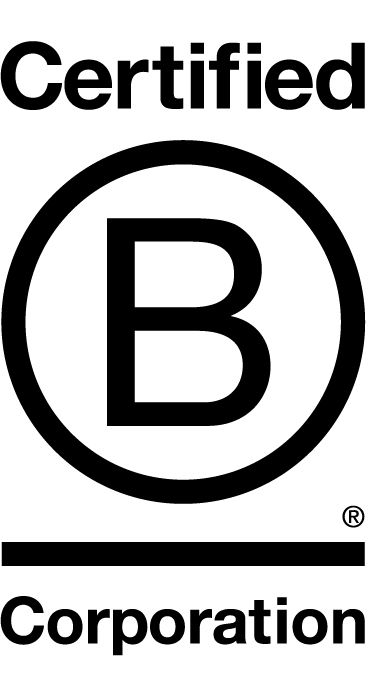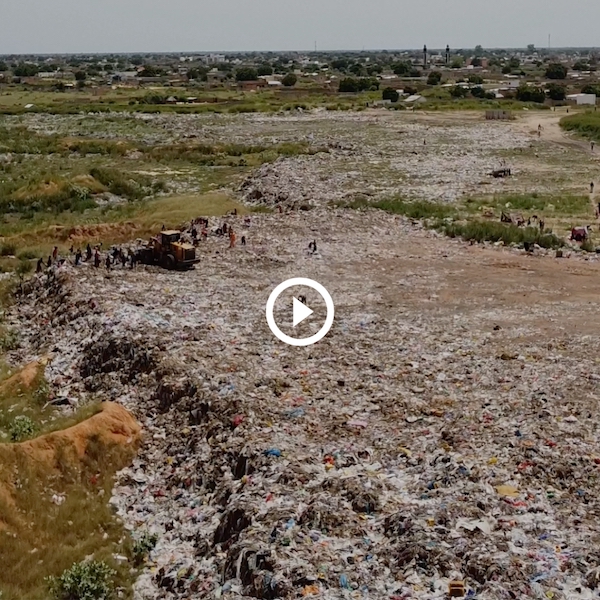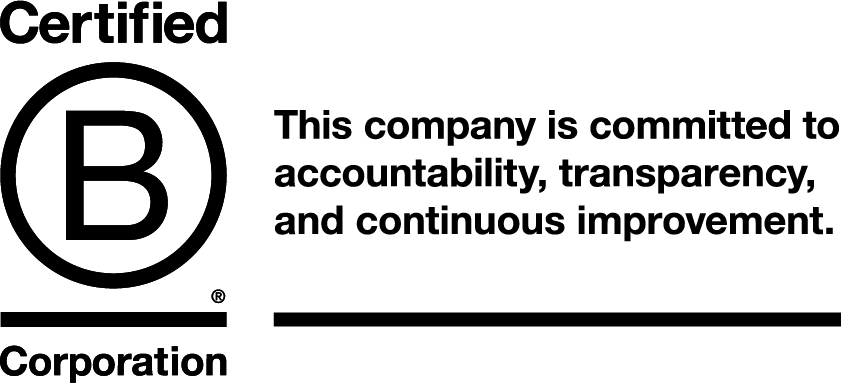THE REGION AND THE COMMUNITIES
The lack of sustainable waste management in Senegal has a negative impact on its economy, with annual losses of -1% of GDP.
The recovery of organic waste through composting and mechanisation are options identified by Senegal to increase its GHG reduction ambitions. This translates into a relative reduction in greenhouse gas emissions of 11% by 2030 in the waste management sector, compared to the baseline (Business as usual) for the unconditional target (NDC). This reduction could be increased to 65.28%, by 2030, compared to the baseline situation for the conditional target.
The total amount of waste deposited at the Touba Peykouk landfill in 2020 was 110,172 tons. All this waste ends up in unmanaged landfills and contributes to environmental degradation, increased pollution and GHG emissions.

The program consists of the construction of a new composting facility in Touba for the treatment of organic solid waste that currently goes to a landfill, where it decomposes anaerobically and produces methane emissions.
The recipients of the composting will be farmers, horticulturists, etc. in the communities and cities where the composting plants are located.
This composting facility is estimated to reduce 10,413 tCO2e per year over a 15-year period (2024-2038). An estimated 37,560 tonnes of organic solid waste is turned into compost annually once the plant operates at full capacity (120 tons/day). The average yearly compost production will be 13,146 tonnes. The expected average ratio of organic waste to compost will be 35%.
POSITIVE OUTCOMES
Project activities and goals
THE ALLIANCE

About Sonaged
Created by the Senegalese government in 2022, its objective is to improve the healthiness of people and the environment by improving solid waste management, focusing on three key priorities: waste collection and transportation, infrastructure management and operation, and the design and implementation of solid waste management projects and programs in Senegal. Its vision is to promote the circular economy through an improvement of the solid waste sector in Senegal.
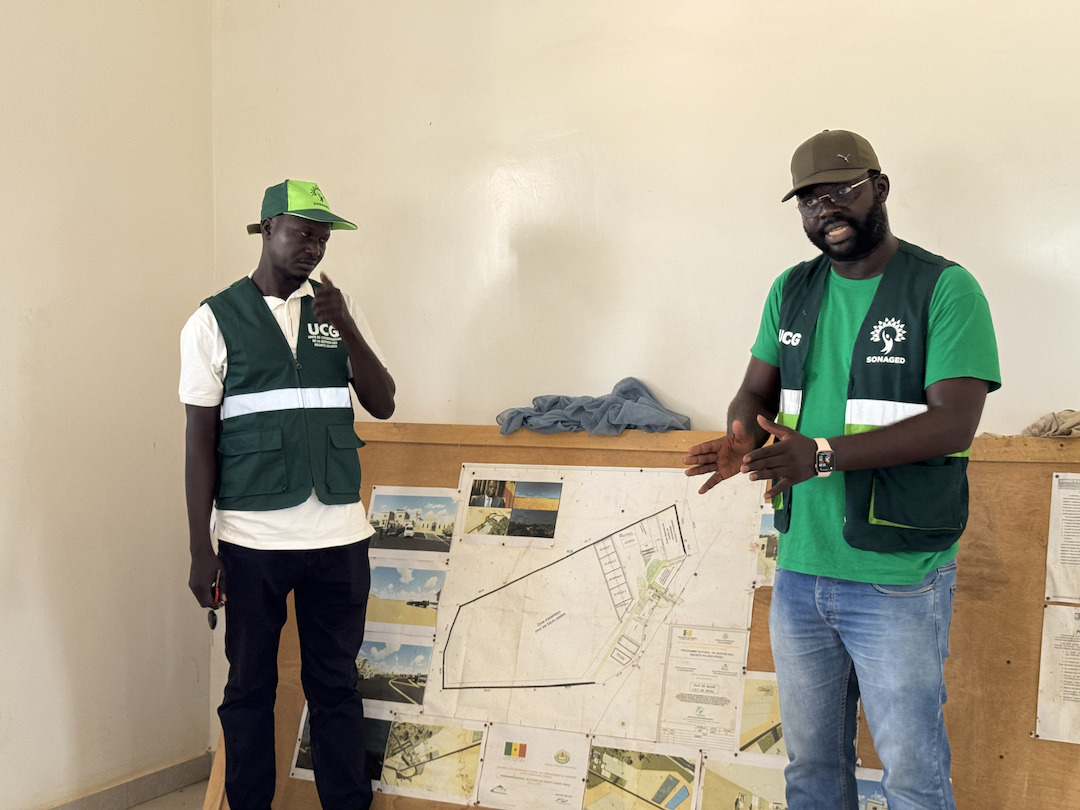

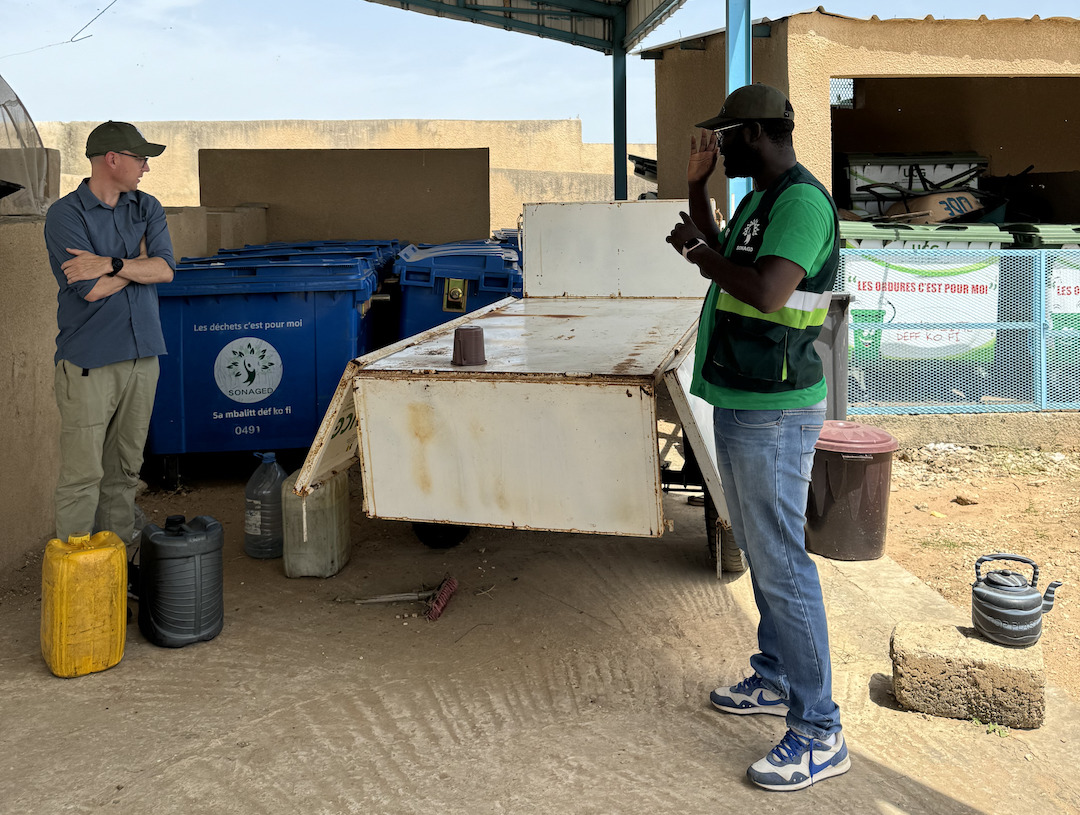
About ALLCOT
ALLCOT works with communities, organizations and governments around the world on climate actions to accelerate the transition to Net Zero. ALLCOT’s goal is to impact the 2030 Agenda, especially the Climate Action SDG through projects and solutions with triple impact: environmental, social and economic,
ALLCOT technically supports Sonaged on issues related to emission reduction calculation, MRV design, implementation and technical capacity building.
«Senegal – and the other nations of the global south – are not just here to claim damages & interests. We are here to demonstrate that we have the solutions – with the support of the private sector – to unlock the great potential of the Paris Agreement. Senegal is confidently leading the way and we warmly welcome this partnership with ALLCOT.»
Mr Alioune NDOYE, Minister of the Environment for the Republic of Senegal
«In addition to climate outcomes, the program will foster employment opportunities for hundreds of women and men, improve the local environment and contribute to reduce Senegal’s dependence on chemical fertilisers»
Mr Mass from SONAGED
